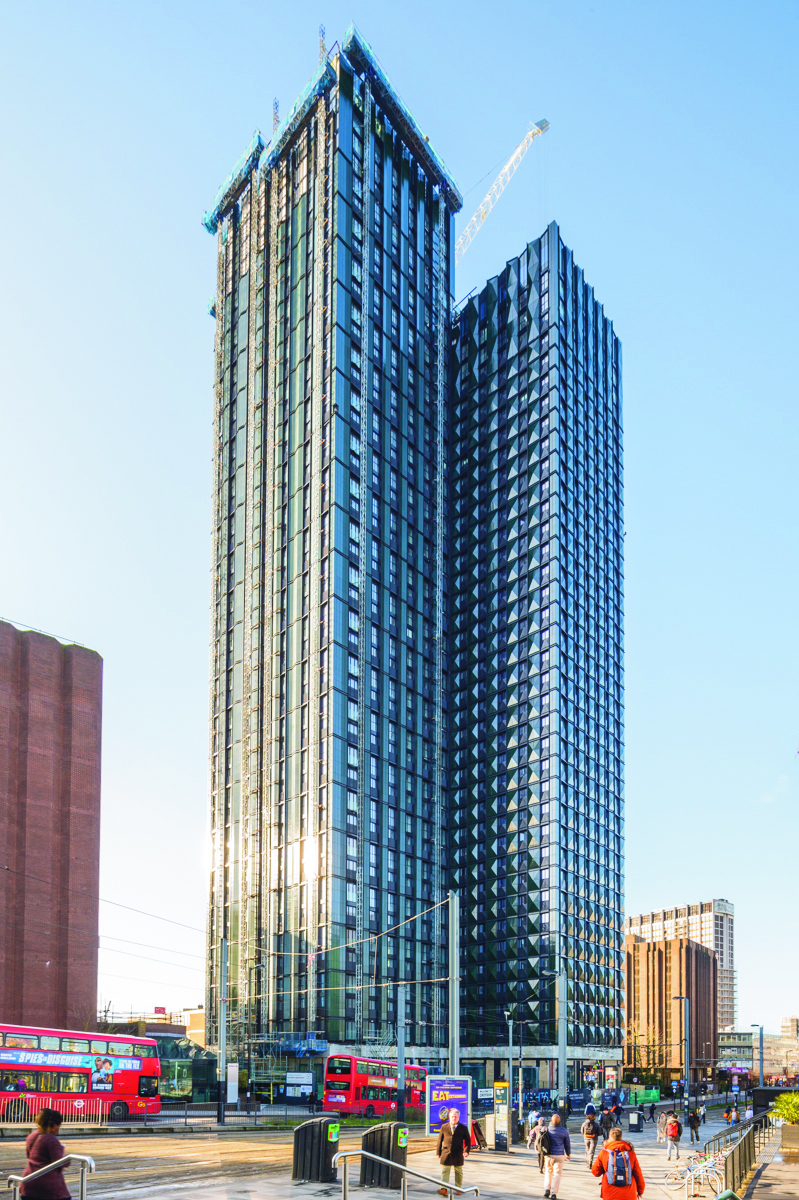
How modern methods of construction can help to reduce carbon emissions across the NHS estate.
Modern methods of construction (MMC) are being favoured by the Government for all public-sector developments, primarily as modular and mobile solutions speed up the delivery of much-needed new infrastructure, with less onsite disruption and improvements in health and safety. But offsite solutions are also increasingly being specified due to the impact they have on reducing carbon emissions and improving the sustainability of the healthcare estate. An academic study by the University of Cambridge and Edinburgh Napier University looked at how carbon emissions could be reduced when using MMC for residential projects.
Reducing the impact
It found that embodied carbon – the CO2 produced during the design, construction, and decommissioning phases of a development – can be reduced by almost half (41-45%) utilising the offsite approach because such buildings require lower volumes of carbon-intensive products such as concrete and steel. The study found that 28,000 tonnes of embodied carbon emissions were saved from construction across both schemes combined – the equivalent of the CO2 absorbed by 1.3 million trees in a year. The two residential developments, made up of 879 homes, were delivered using a modular system by contractor, Tide Construction. And the findings are helping to increase interest in MMC within the health sector. In a recent webinar, Justin Bass, consultant director at Health Spaces, said MMC would be crucial in meeting the commitment to a net-zero health service by 2040 and underpinning the delivery of the 40 new medical centres promised under the Government’s New Hospital Programme. He added: “MMC isn’t just modular; it offers so much more. “It is really exciting to see these new technologies and systems being developed and it really does deserve our attention.
A win-win approach
“MMC delivers great buildings for longevity and aesthetics and the NHS’s net-zero promise is one of the big national drivers for this approach.” David Hartley, managing director of MMC specialist, MTX, agrees, with the company seeing increased interest in offsite construction methods since the COVID-19 outbreak. “Without doubt the COVID pandemic has brought MMC to the fore and it is now the preferred solution for healthcare projects,” he said. “This recent academic study shows how MMC can significantly help to reduce carbon emissions as construction work takes place offsite and in a controlled factory environment. “The opportunity for net zero is huge, with all individual disciplines having their own recycling systems and processes so we can maximise the amount of recycling in a controlled environment. “MMC is a win-win approach and very much the future for the health sector.”
Longevity and aesthetics
A spokesman for ModuleCo added: “Facilities that are constructed in one place, by one partner, provide better control of waste materials and one single delivery to site, with a completed modular unit meaning less embodied carbon is produced. “The sustainability of a modular build also means improvements are relatively straightforward and cost effective, especially within the healthcare sector and the NHS, where equipment needs to be upgraded often and hospitals need to be reactive to changing environmental pressures and the demand for space these pressures can bring. “Providing the flexibility in infrastructure means investments made in modular builds have essential longevity.”